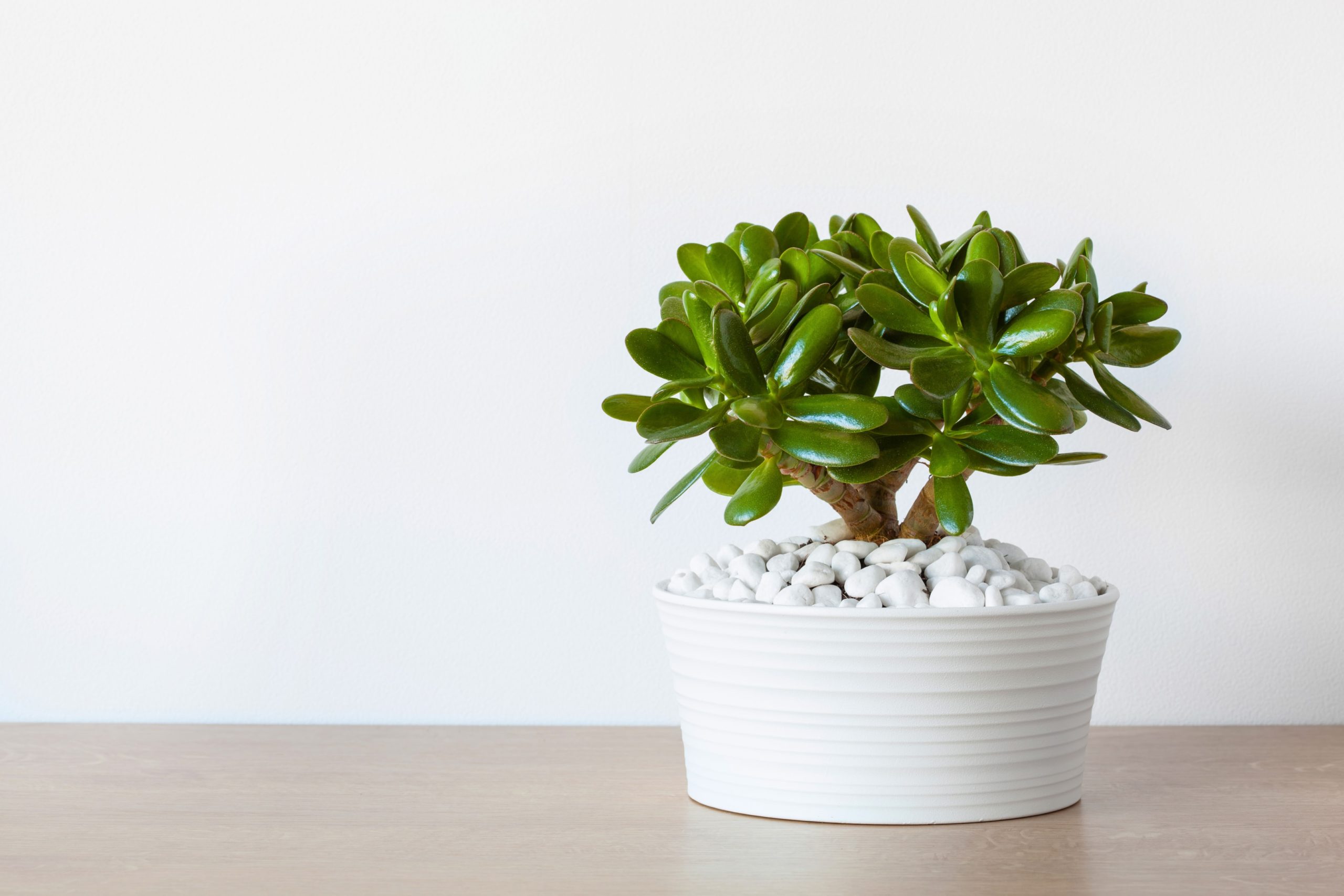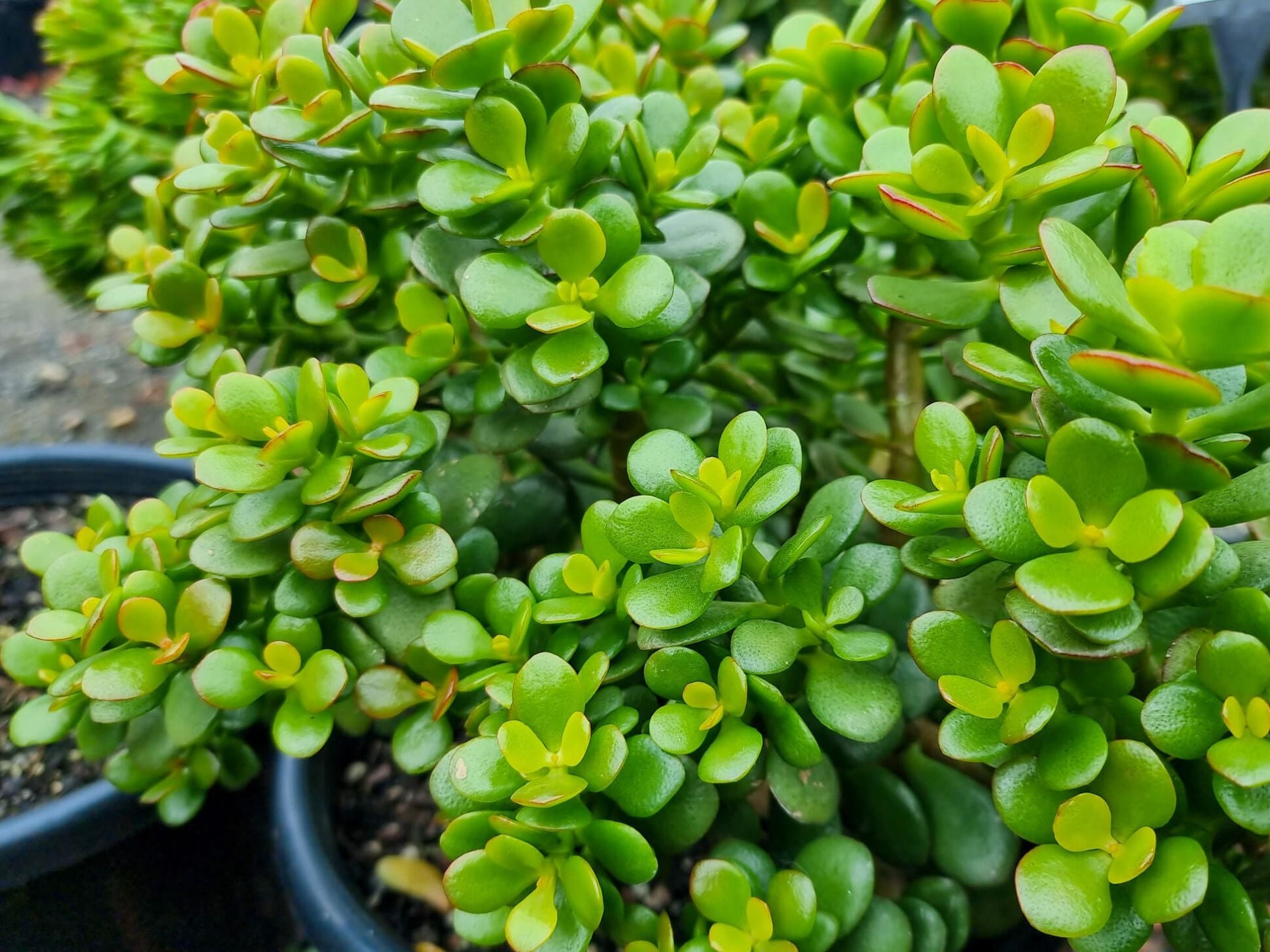We often think of it simply as decorative, with its plump little leaves and bonsai-like silhouette. Yet, the money tree, or crassula, is much more than just a pretty houseplant. According to Feng Shui tradition, it attracts luck and prosperity. But what’s less well known is that it could also reveal… your state of health. Intrigued? Here’s what you really need to know.
The money tree: much more than a Feng Shui lucky charm

It’s called the money tree, jade plant, or Crassula ovata. Native to South Africa, this succulent is known for bringing good luck. But according to some beliefs, it has an even more surprising role: absorbing negative energy from a home. It’s even said to deteriorate , mirroring the health of a person in the house who is weakened. Surprising, isn’t it? And when the person recovers, the plant revives and regains its full vigor. A subtle but fascinating energetic connection…
A small green pharmacy… to be handled with care

Less well-known than aloe vera, crassula is nonetheless brimming with benefits when used externally. Thanks to its high flavonoid content, it is naturally soothing, antiseptic, and mildly anti-inflammatory. But be warned: this is not a plant with universal virtues. Always use it with caution, and never ingest it. Why? Because it can naturally contain arsenic. That said, rest assured: potted varieties grown at home pose virtually no risk, as their soil is low in harmful elements.
continued on the next page

